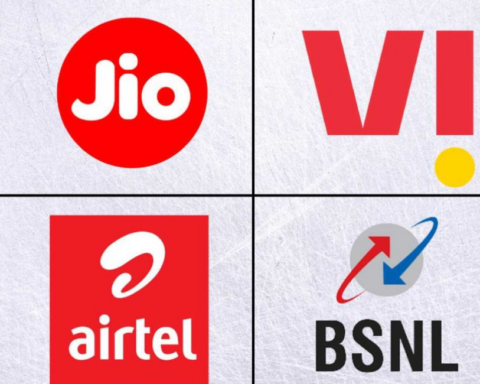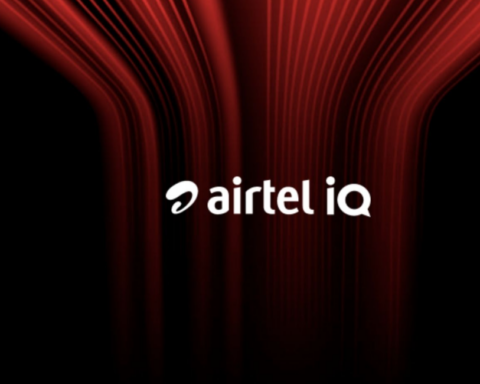The Cellular Operators’ Association of India (COAI), a body representing telecom operators, has defended the proposed “fair share charge” and emphasized that it does not compromise net neutrality or access to an open and free internet. The dispute between telecom operators and over-the-top (OTT) service providers has been ongoing for several months, with telcos demanding that large traffic-generating apps contribute a portion of their revenue to support and maintain communication networks.
In its statement, COAI dismissed concerns raised by critics, including those related to favoring specific websites or apps and potential pricing differentiation. The association argued that applying a peering charge at an interconnection point to address traffic imbalances does not violate net neutrality principles. COAI pointed out that the European Commission has also recognized that fair share contributions do not contravene the principles of an open internet and net neutrality.
COAI asserted that the “fair share” initiative aims to secure contributions from Large Traffic Generators (LTGs) responsible for a significant portion of internet traffic without contributing to the development and maintenance of telecom networks. The proposal includes exemptions for startups, small and medium-sized enterprises, and small businesses within the OTT ecosystem to promote innovation and network quality for smaller players.
The association reiterated that the proposed fair share charge would not impact access to an open and free internet, and there would be no throttling, blocking, or paid prioritization of services or applications. The price for end-user traffic would remain consistent regardless of whether traffic generators were subject to fair share payments.
COAI stated that OTTs unilaterally determine traffic volumes and quality, including features such as auto-play and continuous-play, often leading to significant traffic volumes. It argued that a fair share approach would encourage more efficient data handling without compromising the customer experience.
In conclusion, COAI clarified that the fair share charge is essential for the upkeep and maintenance of robust telecom networks, supporting the ever-increasing data demands and traffic being placed on these networks.








